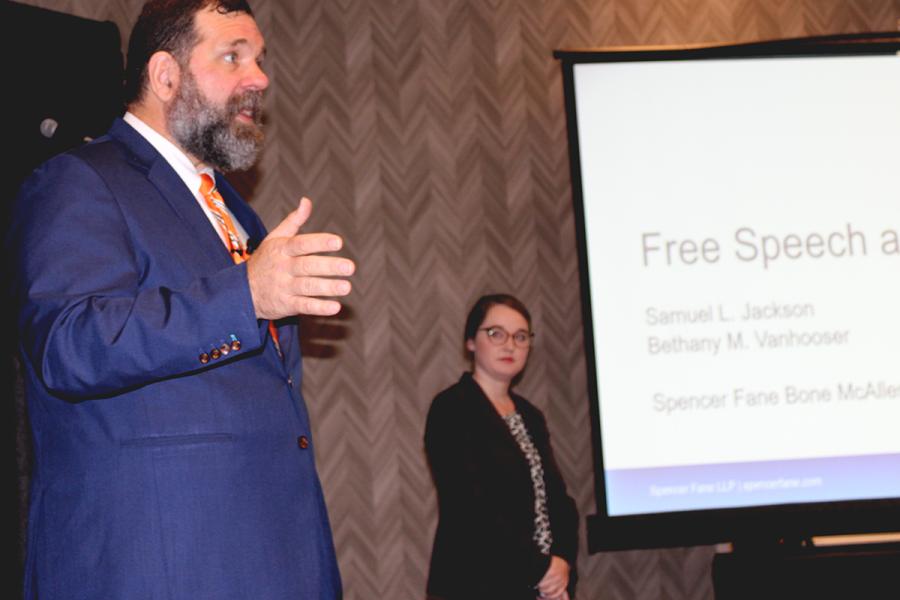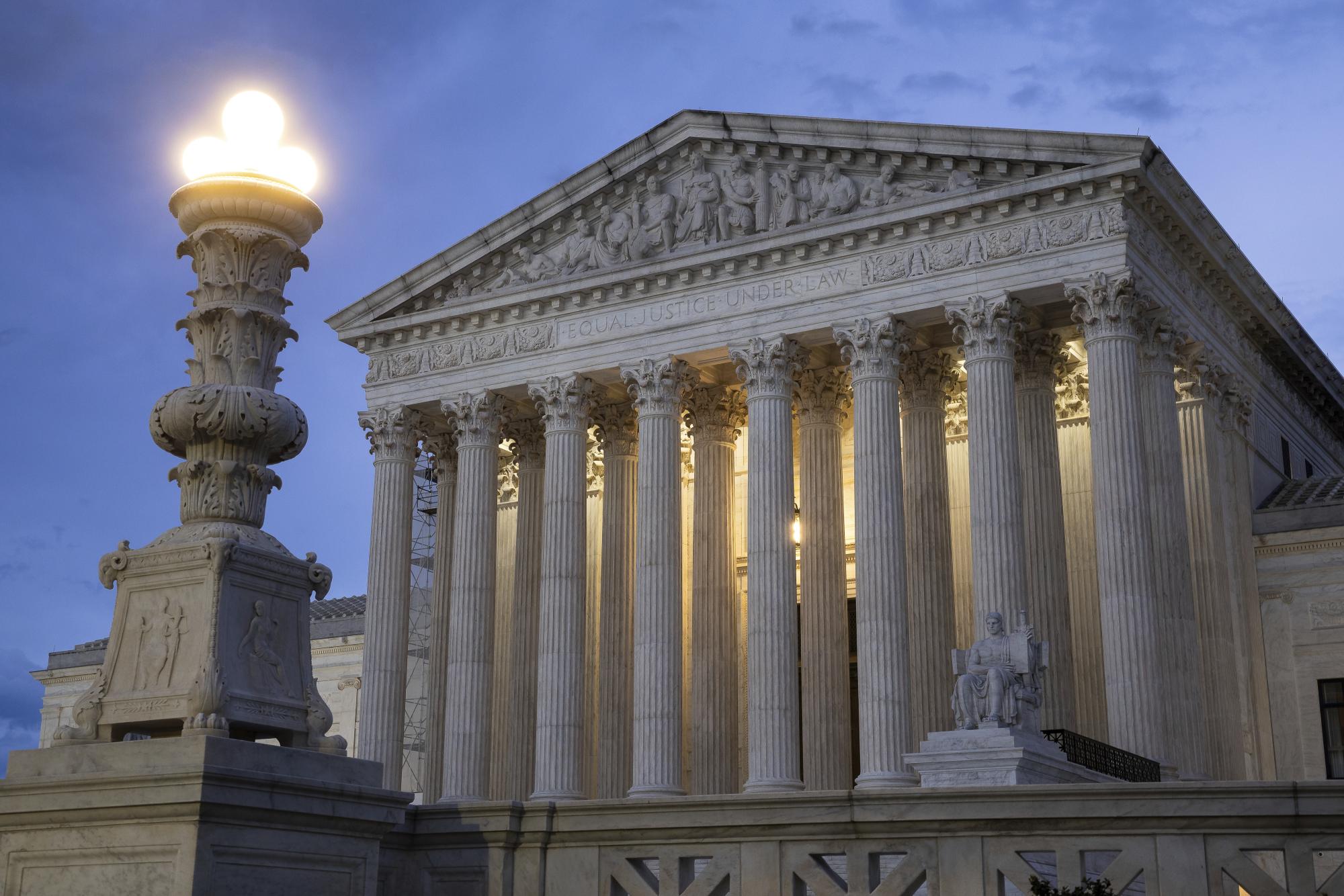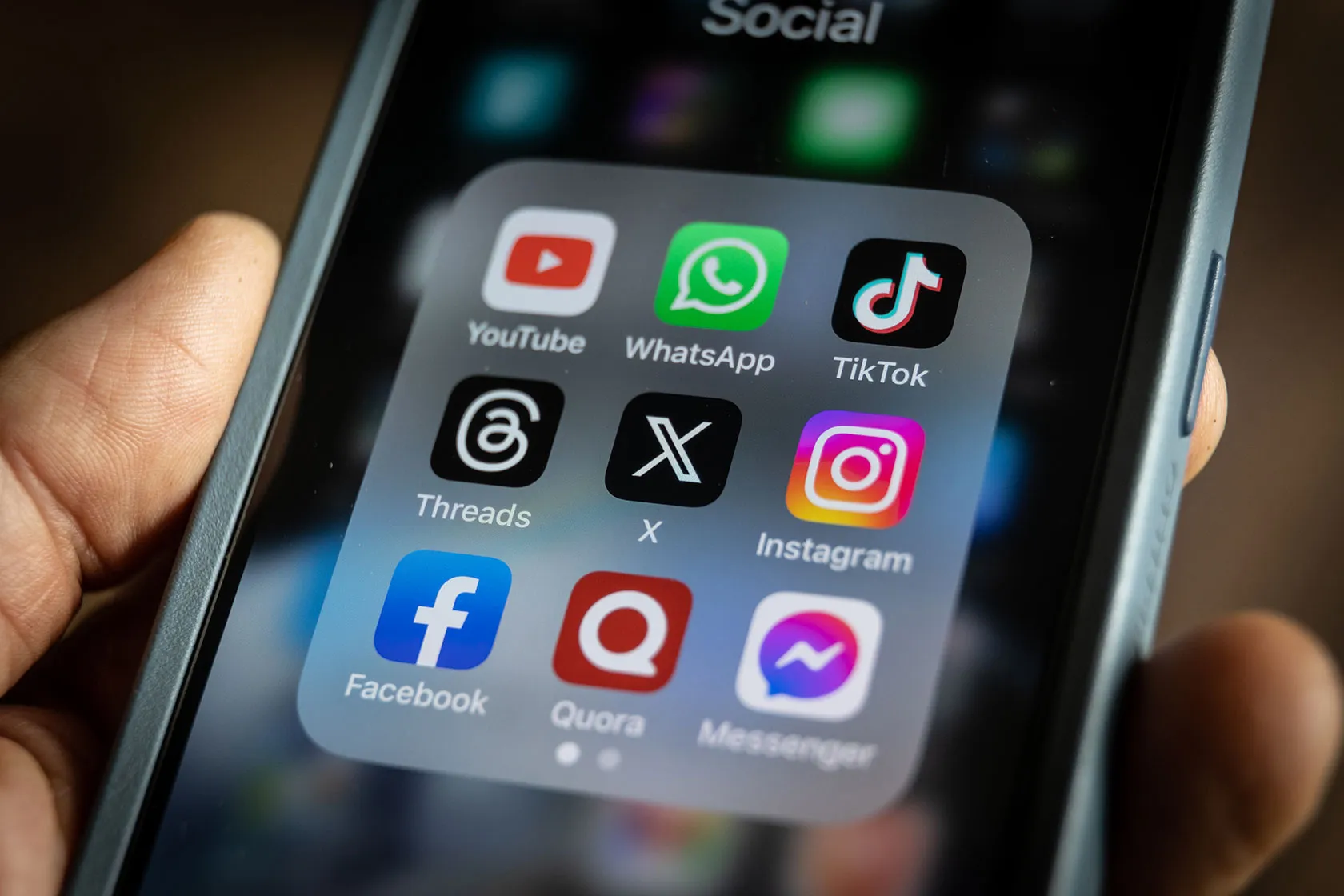Supreme Court largely sides with public officials in social media case

By KATE COIL
TT&C Assistant Editor
The U.S. Supreme Court has issued rulings clarifying how and when public officials can block users and delete posts from their social media accounts, largely siding with government officials..
The unanimous decision, authored by Justice Amy Coney Barrett, the court found that public officials can delete and block unless the account they are using has the power to speak on behalf of the government or were using their personal accounts as a government mouthpiece. This authority to speak on behalf of the government must either be written in law or established by “longstanding custom.” The ruling was a very narrow decision, and future rulings could determine further parameters.

“State officials have a choice about the capacity in which they choose to speak,” Justice Barrett wrote in her opinion for the court. “If the public employee does not use his speech in furtherance of his official responsibilities, he is speaking in his own voice.”
The ruling was praised by National League of Cities CEO and Executive Director Clarence Anthony.
“Today’s Supreme Court ruling helps bring much-needed clarity to local officials with social media accounts,” Anthony said in a statement. “Unfortunately, some on social media have used the platforms to harass and intimidate public officials. Under the new test laid out by the Supreme Court, public officials have important First Amendment protections of their own when the content they post is not of an official nature.”
Barrett noted that pages run by government officials and employees can sometimes blur the lines between the public in private when they both discuss public matters as well as post private pictures, videos, and information.
“When a government official posts about job-related topics on social media, it can be difficult to tell whether the speech is official or private,” she wrote. “We hold that such speech is attributable to the state only if the official (1) possessed actual authority to speak on the State’s behalf, and (2) purported to exercise that authority when he spoke on social media.”
However, the court did not interpret how the ruling would impact the two cases before them, one out of California and another out of Michigan, where public officials had been accused of violating the First Amendment by deleting comments and blocking users.
The Michigan case, Lindke v. Freed, was the focus of the Supreme Court decision. Heard by the Sixth Circuit Court, of which Tennessee is part, the case involved Port Huron, Mich., city manager James Freed, who blocked another user, Kevin Lindke, after Lindke made several negative comments about the city’s handling of Covid-19.
However, as the page was not an official government page and contained numerous posts of Freed’s personal photos and expressing his opinions separate from his role as city manager, the court ruled that by deleting and blocking Lindke, Freed had, in fact, exercised his own free speech rights rather than violating Lindke’s.
The page in question had been started by Freed as a personal Facebook page and continued to contain many personal postings despite Freed taking the page public and listing himself on the page as a public official once being hired as city manager.

However, the ruling still opened the door for the Freed v. Linkde ruling to be revisited by the Sixth District. Barrett noted that the situation could be interpreted differently if Lindke could prove the censorship was connected to Freed’s official duties as city manager and not based on personal decision. She also cautioned that public officials who fail to keep their personal accounts clearly designated as personal may be subject to sharper scrutiny.
In the California case, O’Connor-Ratcliff v. Garner, came out of the Ninth District Court and had aligned with rulings in Second, Fourth, and Eighth Courts. This ruling argued the opposite, that officials who post public or government information on their private accounts have then made that account an open government forum and thus violated First Amendment rules by deleting and blocking comments.
The case involved two public school parents who claimed that two school board trustees had violated their First Amendment rights by blocking the parents for posting repetitive comments regarding race relations in the school district. The accounts for the two school board officials had originally been created as campaign accounts but were later used to provide information, communicate about, and solicit input on school board activity.
The court did not comment on O’Connor-Ratcliff v. Garner but instead sent back an unsigned ruling to the Ninth District to reconsider following the ruling on Freed.
Bethany Vanhooser of Nashville law firm Spencer Fane said officials should note that the Court of Appeals for the Sixth Circuit is still reviewing the Freed case in light of the recent Supreme Court opinion, and that there could be further changes.
Under the current framework, a social media account is determined to be “public” or a “government” account if:
- Any “state law, ordinance, or regulation” compelled a defendant to maintain the account or page
- The page is “designated by law as one of the actual or apparent duties of his office”
- Government funds are used in the maintenance of the page (including the use of government computers or materials)
- Government employees are used to maintain the page, or
- The page “belongs” to the office, meaning it would pass into the hands of the next holder of that office.
To ensure government officials and employees are not making themselves or their municipalities susceptible to similar suits, Vanhooser suggested having a written social media policy.
“Having a written social media policy for both use of official government accounts and for city employees is valuable, but those subject to this policy must be trained and knowledgeable about it,” Vanhooser said. “Putting such a policy in place can help educate employees about what can and cannot be done on both government-run and private accounts, but those who do not follow the policy can create more legal troubles. Remember that while the Supreme Court’s decision in Freed has articulated a new framework for evaluating similar cases, the ultimate decision and application may be more nuanced once the Sixth Circuit reviews this case.”
